What can give us more sure knowledge than our senses? How else can we distinguish between the true and the false?
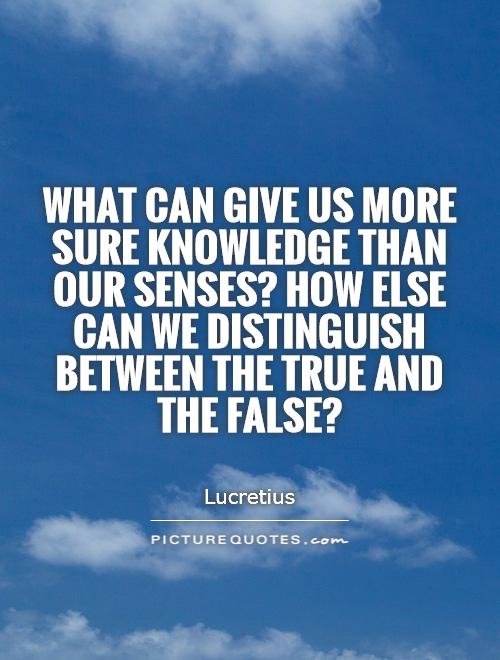
What can give us more sure knowledge than our senses? How else can we distinguish between the true and the false?
In the context of Lucretius, a Roman poet and philosopher who lived in the first century BC, the question of what can give us more sure knowledge than our senses is a central theme in his work. Lucretius was a proponent of Epicureanism, a philosophical school that emphasized the pursuit of pleasure and the avoidance of pain as the highest good. In his epic poem "De Rerum Natura" (On the Nature of Things), Lucretius explores the nature of reality, the existence of the gods, and the limits of human knowledge.Lucretius argues that our senses are the most reliable source of knowledge about the world around us. He believed that our senses provide us with direct access to the physical world and allow us to perceive the true nature of things. According to Lucretius, our senses are the foundation of all knowledge and without them, we would be unable to distinguish between the true and the false.
However, Lucretius also recognized the limitations of our senses. He acknowledged that our senses can be deceived and that our perceptions can be influenced by external factors. For example, optical illusions can trick our eyes into seeing things that are not actually there. Despite these limitations, Lucretius believed that our senses are still the most reliable means of acquiring knowledge about the world.
In addition to our senses, Lucretius also believed that reason and logic are important tools for distinguishing between the true and the false. He argued that by using our powers of reason, we can analyze and evaluate the information provided by our senses and arrive at more accurate conclusions about the nature of reality. Lucretius believed that reason and logic are essential for overcoming the limitations of our senses and for gaining a deeper understanding of the world.
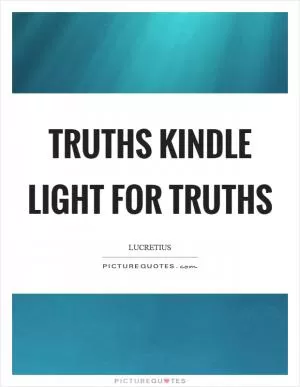
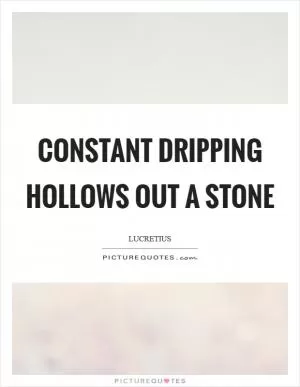

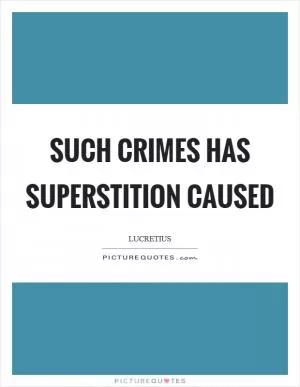
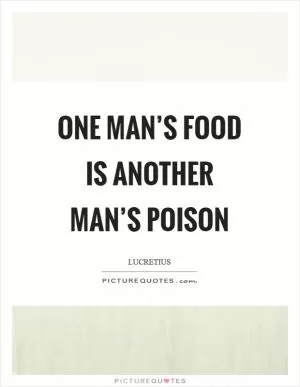
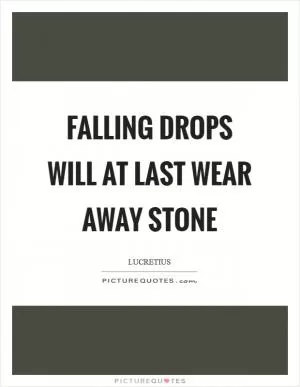
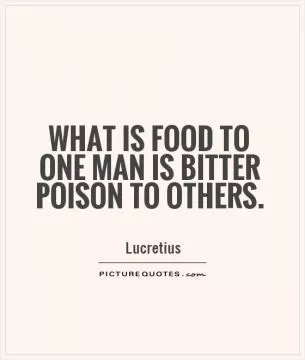
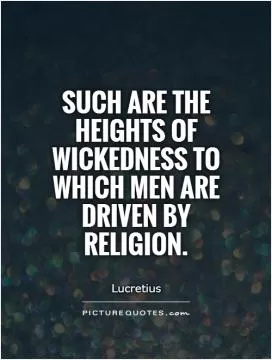

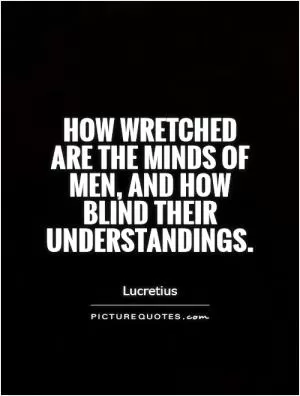
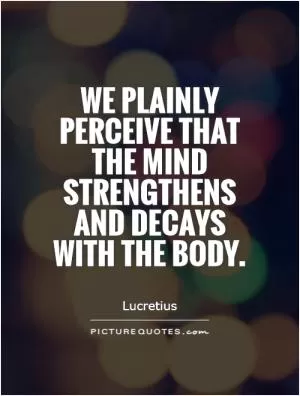
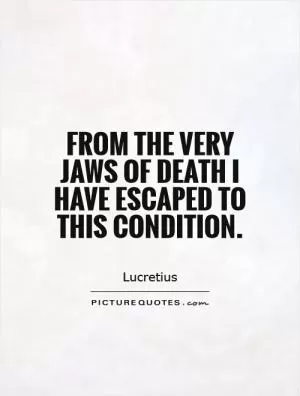
 Friendship Quotes
Friendship Quotes Love Quotes
Love Quotes Life Quotes
Life Quotes Funny Quotes
Funny Quotes Motivational Quotes
Motivational Quotes Inspirational Quotes
Inspirational Quotes